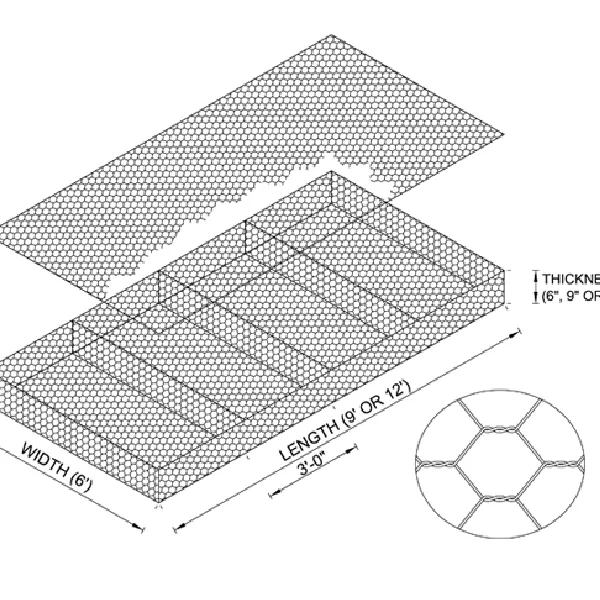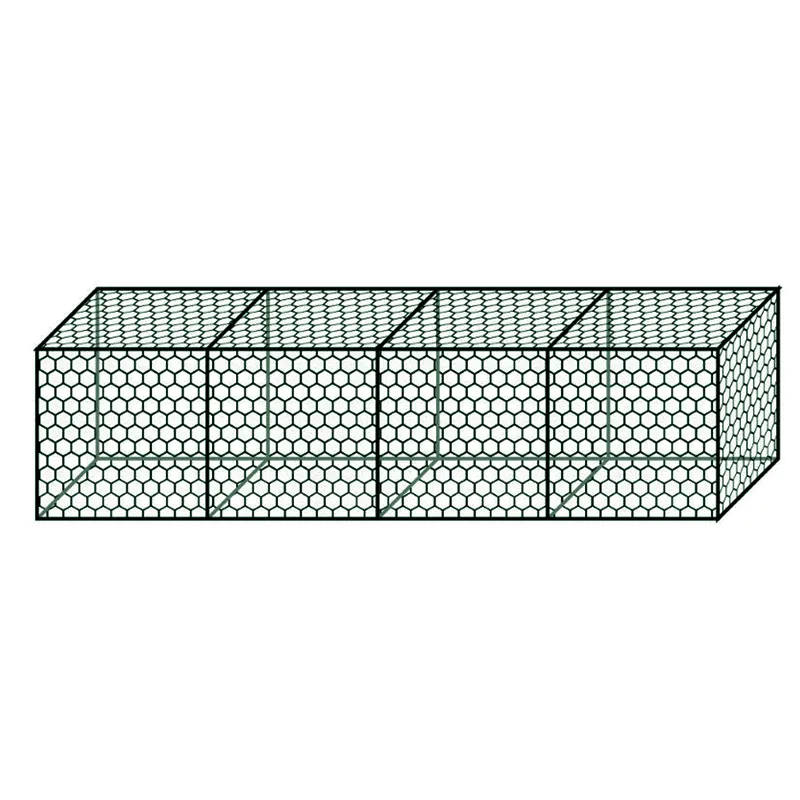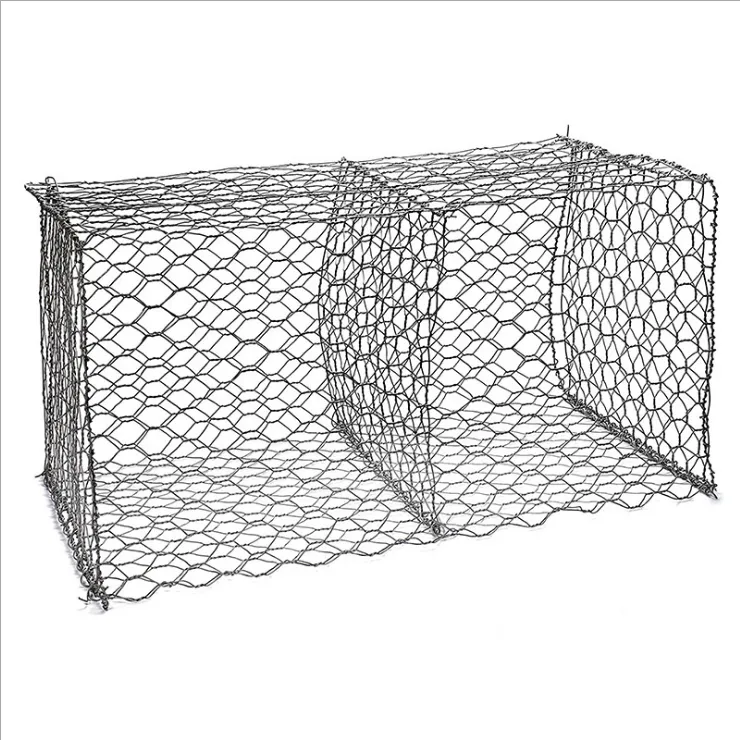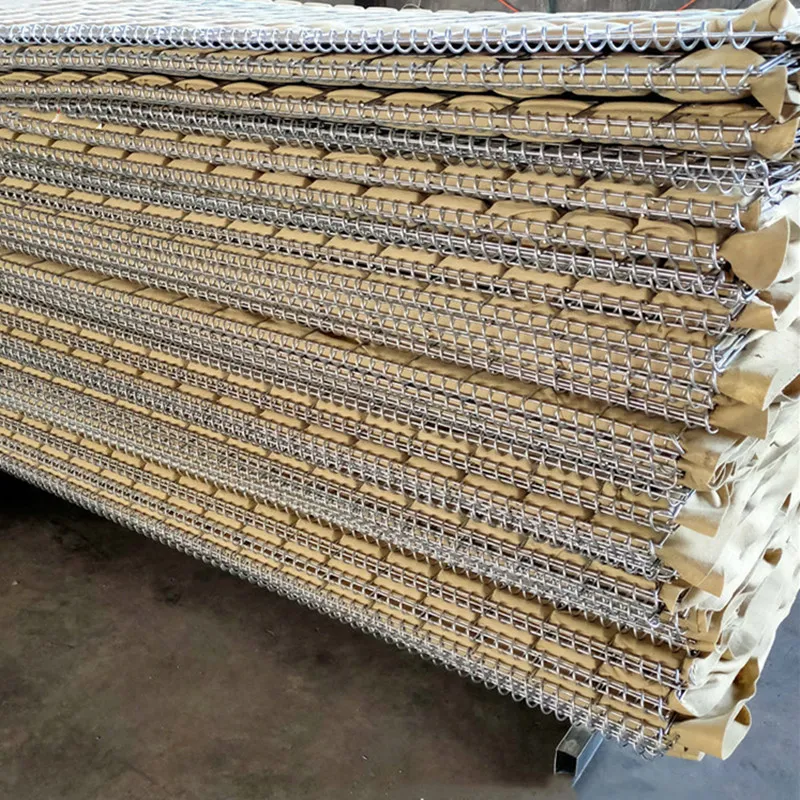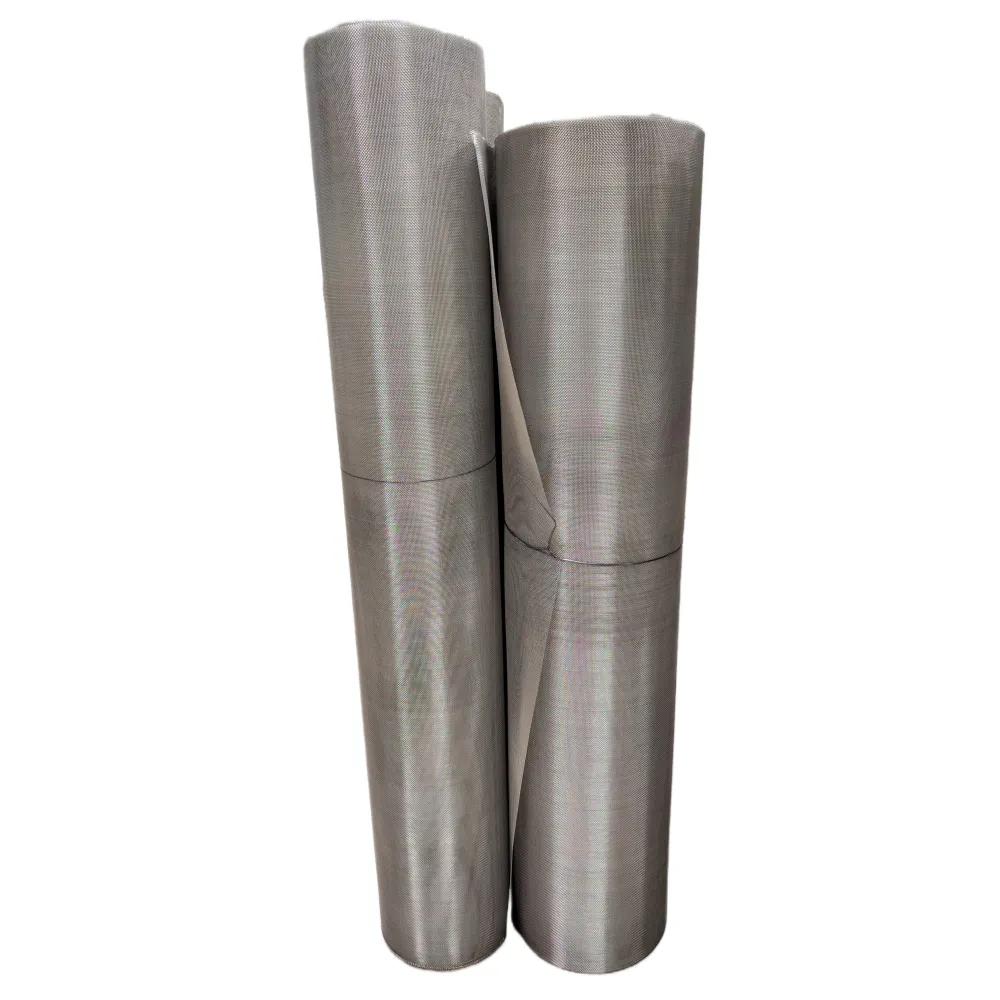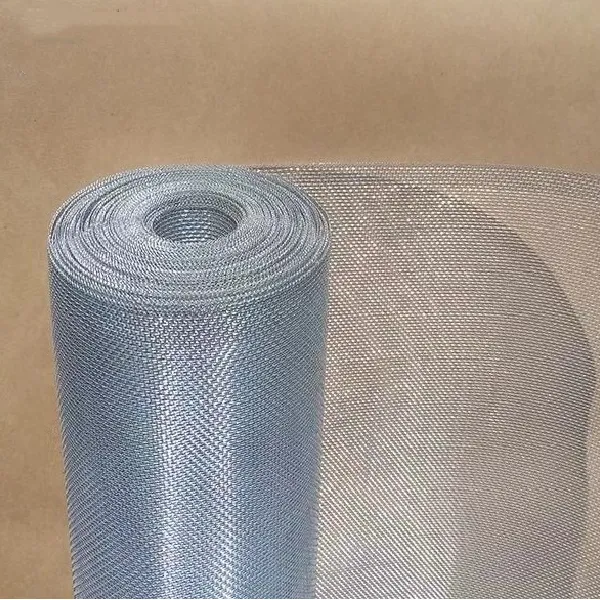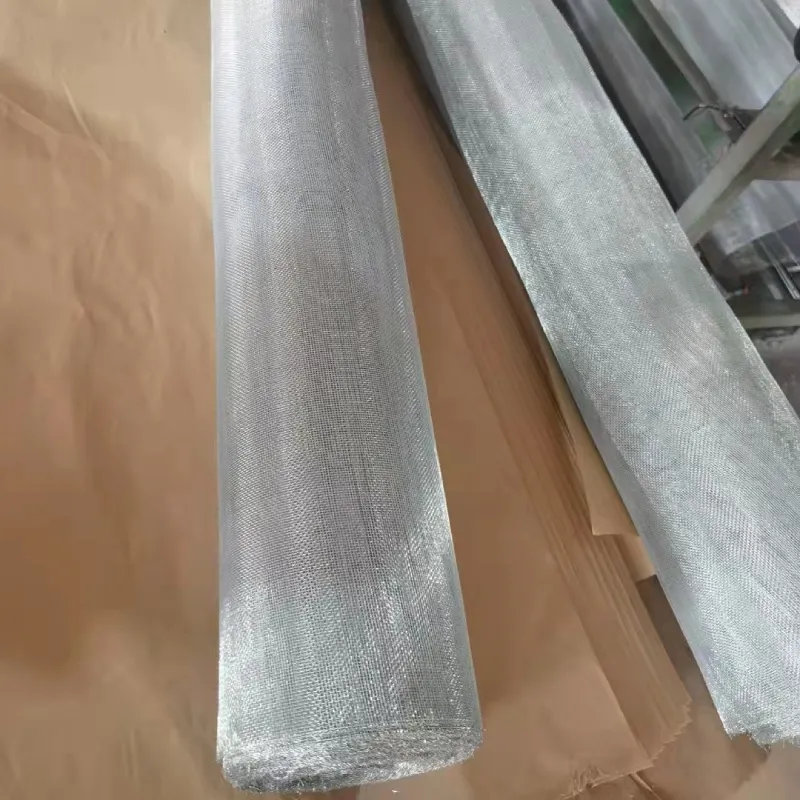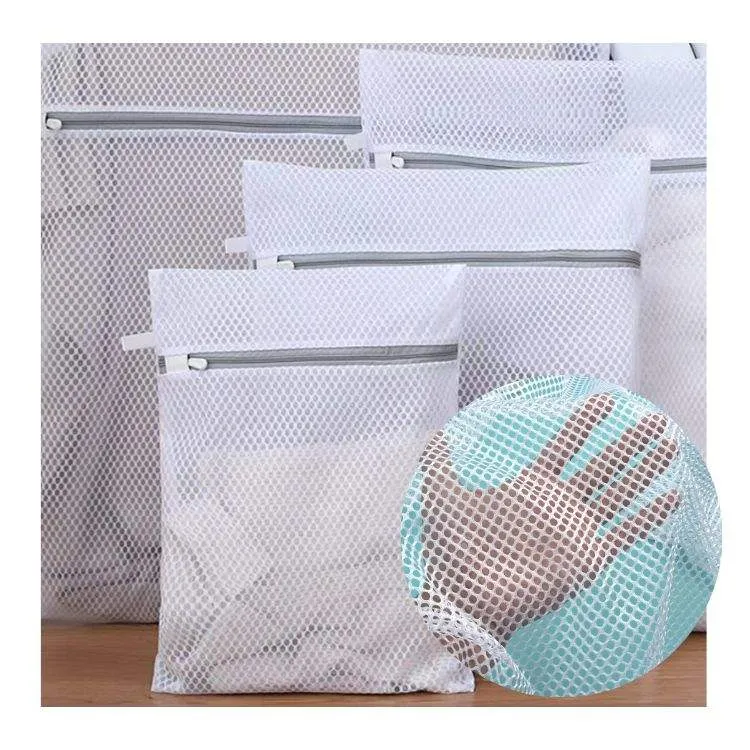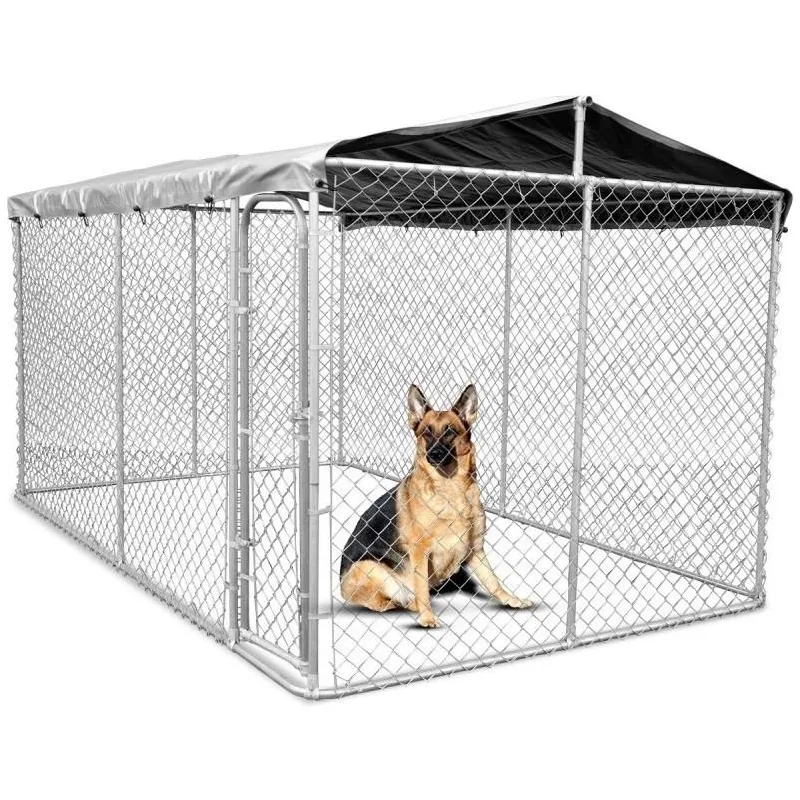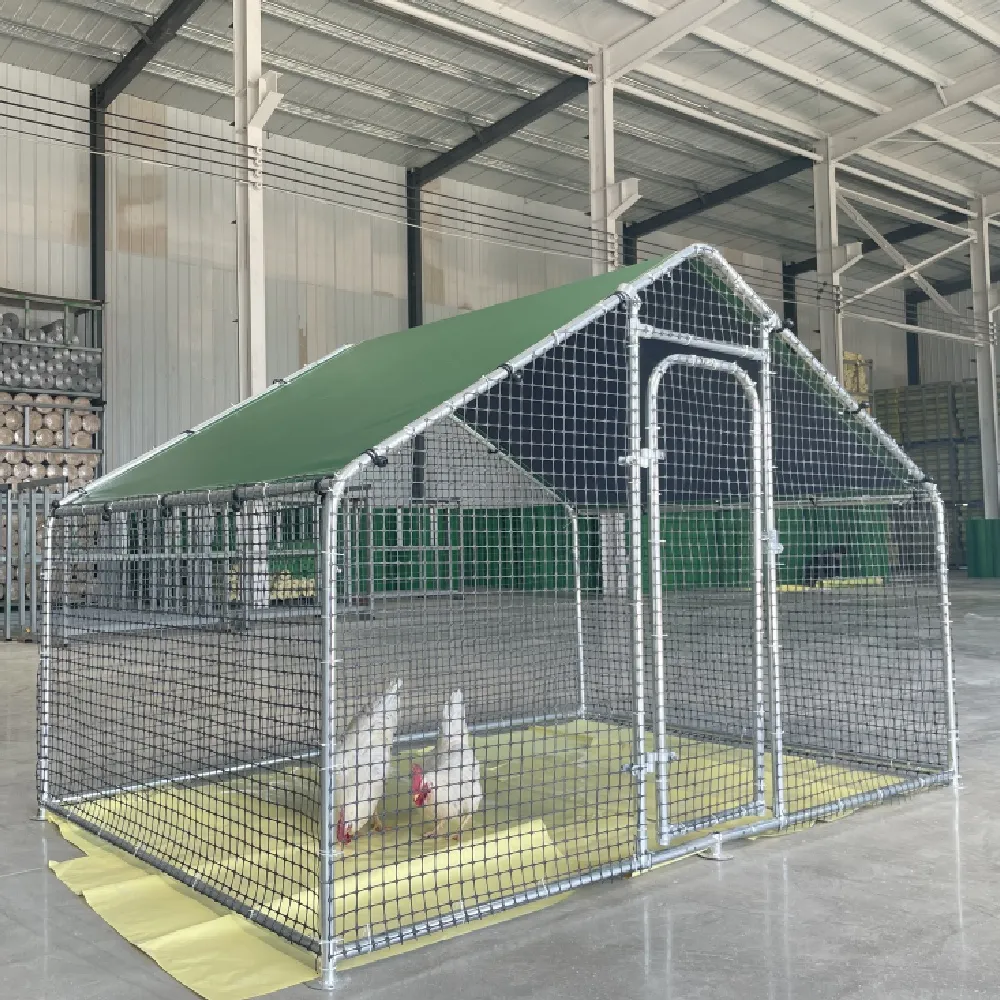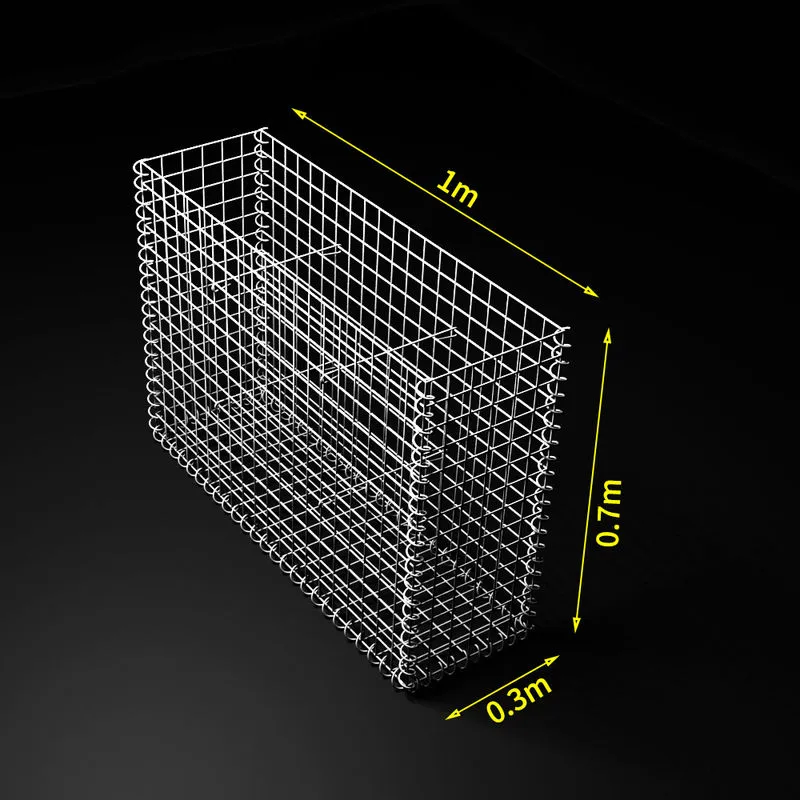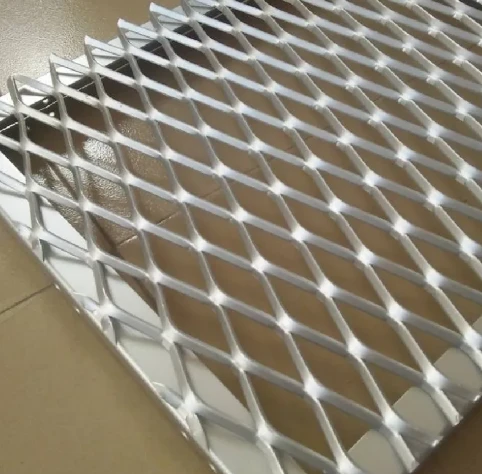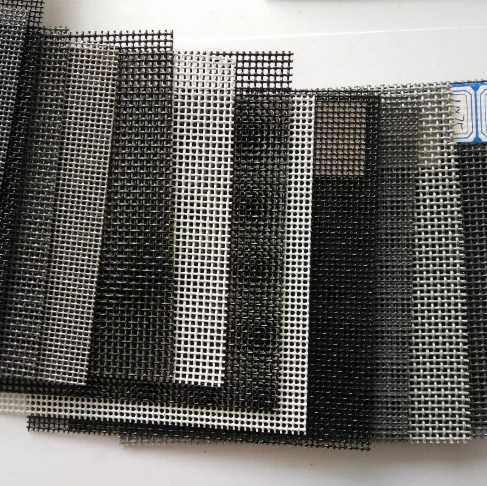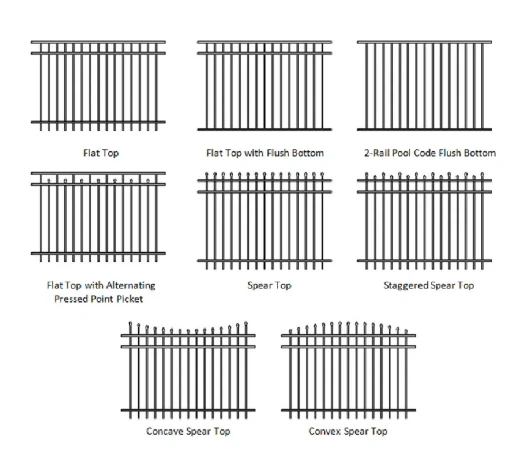Fencing wire mesh serves as a fundamental component in a variety of applications, ranging from agricultural to residential and commercial use. Understanding the various types of fencing wire mesh available on the market and their specific applications can help individuals and businesses make informed decisions. This article explores key types of fencing wire mesh, emphasizing practical experience, specialized knowledge, authoritative insights, and trust in these materials.
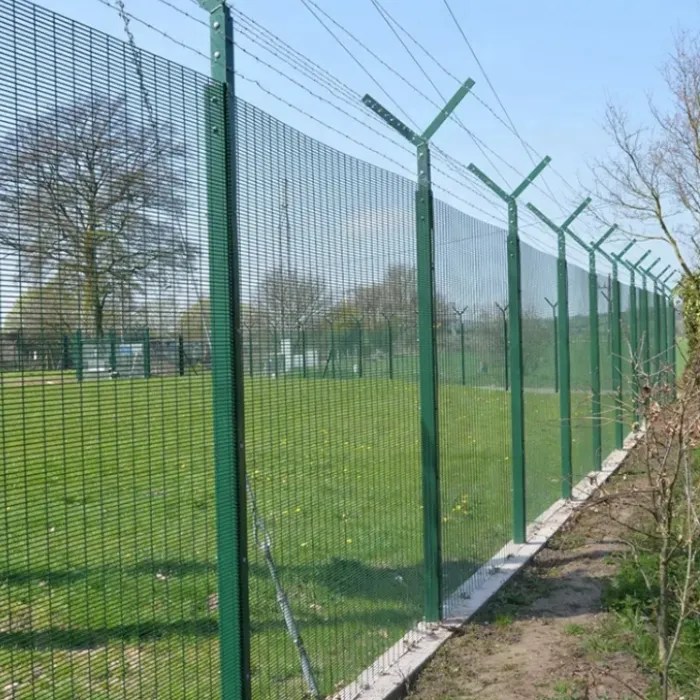
Welded wire mesh is often chosen for its strength and flexibility in applications. Manufactured by welding the wires at every intersection, this type of mesh provides a high level of rigidity. It is commonly used in industrial and security settings, as well as for animal enclosures because it can withstand significant wear and tear. Its galvanized finish ensures resistance to corrosion, making it a reliable choice for long-term outdoor use.
Chain link fencing is another popular variety, recognizable for its diamond-patterned design. Made from interwoven steel wires, chain link fences offer durability and versatility, making them ideal for a wide range of settings including sports fields, playgrounds, and property boundaries. It is loved for its cost-effectiveness and ease of installation.
This type of fencing can also be customized with various coatings, such as PVC, to enhance its appearance and longevity.

Chicken wire, or hexagonal wire mesh, is primarily used in agricultural settings to contain poultry and safeguard crops. Comprising thin, flexible galvanized steel, it's designed for easy handling and installation. Though not as robust as welded or chain link meshes, it serves its purpose well in environments where high strength is not a critical factor. Expert users appreciate chicken wire for its lightweight nature, facilitating easy repositioning and configuration.
types of fencing wire mesh
Barbed wire fencing is distinguished by its pointed, barbed edges intended for security and containment purposes. It is extensively used in farm settings to deter animals from crossing boundaries and in high-security facilities due to its formidable deterrent capabilities. Barbed wire is manufactured in various diameters and with different barb spacing configurations, allowing users to choose based on specific security needs. It is important for users to adhere to safety and regulatory guidelines when installing barbed wire fences.
Expanded metal mesh is another advanced solution for those requiring a robust fencing option. Created by cutting and stretching material to form diamond-shaped openings, this type offers a high strength-to-weight ratio. It is typically applied in high-security areas, such as military installations and infrastructure facilities, due to its penetrative-resistant characteristics. The expertise required to install expanded metal fencing is significant, as precision and knowledge of materials ensure optimum performance.
In conclusion, selecting the appropriate type of fencing wire mesh necessitates a comprehensive understanding of the material's characteristics, intended application, and environmental conditions. Experienced professionals can guide users in making choices that balance cost, durability, and aesthetic preference. Proper installation and maintenance will magnify the benefits of these versatile fencing solutions, ensuring protection, security, and peace of mind for years to come. By leveraging trusted sources and professional insights, users can confidently navigate the myriad options in wire mesh fencing to meet their specific needs.




